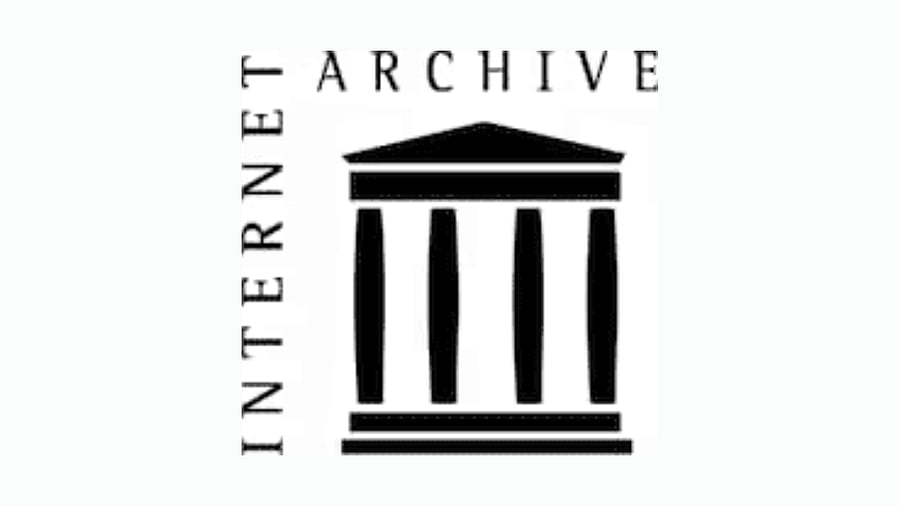
Internet Archive logo.
Credit: archive.org/
Internet Archive, the online repository of web pages, was offline due to a major cyberattack on Thursday, founder Brewster Kahle said in a post on X.
According to Kahle, a series of distributed denial-of-service (DDoS) attacks—aimed at disrupting a website or server—have plagued the website since Tuesday. The organization is working to upgrade security, Kahle added.
A group called SN_BLACKMETA claimed responsibility for the attack, in a post on X.
The group insinuated in the video that they attacked the repository because it helped Israelis with their war on Gaza, which they claim to be against.
X fact checked the claim, stating, "The Internet Archive lacks ties to any Zionist movements/organizations. It supplied a variety of resources discussing Zionism, some of which are now completely inaccessible everywhere."
The fact-check further said that, "The lack of coherent, sensible motive lead some to believe this to be a false flag."
In his latest update, Kahle said, "Internet Archive's data has not been corrupted. Services are currently stopped to upgrade internal systems." He went on to apologise for the disruption and state that they were working to restore services as quickly and safely as possible.
The Internet Archive, a nonprofit that is not known to have any ties to the US government or Israel, was founded in 1996 and advocates for a free and open internet, news agency AFP reported.
It operates a web archive called the Wayback Machine, which has captured snapshots of millions of internet pages.
Like other archival sites, the Wayback Machine is a crucial resource for fact-checkers, who use it to trace deleted web pages and ensure that the evidence cited in articles is permanently available to readers.
It can also be used to document changes made to online content over time and helps researchers and scholars find historical collections that exist in digital formats.
